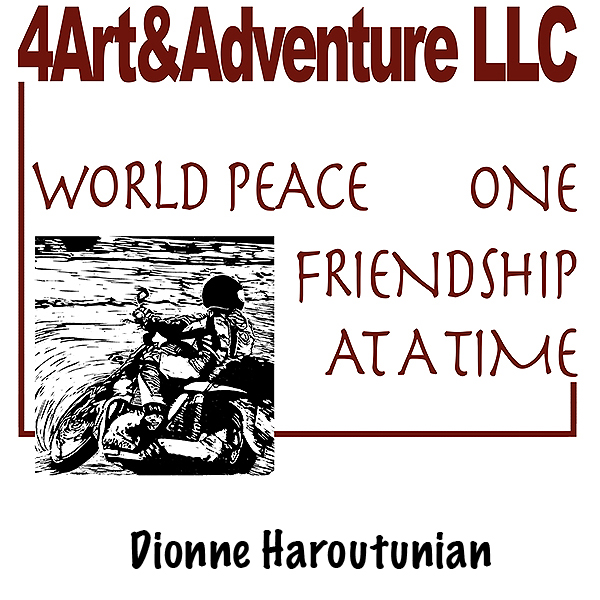Version française aprés les photos
Spain has been a bit mysterious for us. The first few days we were charmed by the old architecture, the open landscape peppered with farms, hamlets, villages. We’ve now practically crossed it from North to South and once we left Juan and his friends in the Northern part of Catalan, things have been feeling very different. It’s hard to put a finger on it but I keep feeling like “we are not IN our trip yet”. We prefer using small roads and staying in remote villages. In the past that strategy has always brought interesting rich encounters.
After days of passing through village after village, we realize we both have been carrying an eerie feeling. Like something is awry. First I thought it was because everything shuts down between 2 and 5-6pm. But then it’s been hard just finding a grocery store. Or a restaurant. Most houses have their shutters closed as though nobody lives there. Every farm we pass is empty. Every industrial building lifeless. We haven’t heard the sound of children for days. That’s when we realize most people we have seen are elderlies. The fact is ... we haven’t encountered that many people at all! As we walk through the towns, streets are basically empty. The other odd thing is, what people we do see, hardly respond to our “hola!”, and if they do, it is often without a smile.
Time to change our approach —- our next place is the largest city in the region of Castillo-La Mancha, Albacete with its metropolitan population of 219,121. Immediately we meet a very friendly gregarious couple who speak a little English. After some fun and light chit chat, I can’t resist the urge to ask: what is going on? Is it us? Maybe both Mike and I are in some funk that would keep us from reading the situation accurately. But no, in fact, they confirm our suspicions: the remote parts of Spain are being abandoned by the younger generations in a mass exodus and are moving to the big cities. Small towns will even give apartments away just to draw people back but without success. When I mention feeling like people might not like foreigners, they say in Catalonia, people are focused on their internal struggle to secede and not so open to the world. Hm, I can see that being part of the answer.
The village of Siurana perched on a rock and environs. I couldn’t say it better than Wikipedia which shows the rich and complicated history of the region:
“Originally, it was known by the Latin name of La Seviriana, but was changed to Xibrana after being conquered by the Islamics. A memorial cross was erected in 1953 to commemorate the reconquest of Siurana 800 years before in 1153, the last Muslim enclave to fall to the Christians in Catalonia.”
Siurana. It may be a little more lively in the summer but we did find a little bar/restaurant open where we were able to thaw before resuming our walk. For me it’s always the time I spend sketching that gets me frozen!
Beautiful but definitely lifeless
Puta España means “Spain is a whore”. Some strong feelings in Catalonia. Not just on the walls either.
L'Espagne est un peu mystérieuse pour nous. Les premiers jours, nous avons été charmés par l’architecture ancienne, le paysage ouvert parsemé de fermes, de hameaux et de villages. Nous l’avons maintenant pratiquement traversée du nord au sud et une fois que nous avons quitté Juan et ses amis dans le nord de la Catalogne, la situation est devenue très différente. C’est difficile de mettre le doigt dessus, mais j’ai toujours l’impression que “nous nE sommes pas encore DANS notre voyage.” Nous préférons utiliser de petites routes et rester dans des villages isolés. Dans le passé, cette stratégie a toujours été riche en rencontres intéressantes.
Après des jours où nous passons de village en village, nous réalisons que nous avons tous les deux un sentiment étrange. Comme si quelque chose ne va pas. Au début, je pensais que c'était parce que tout était fermé entre 14h et 18h. Puis il a été presque impossible de trouver une épicerie. Ou un restaurant. La plupart des maisons ont les volets fermés comme si personne n'y habite. Chaque ferme que nous passons est vide. Chaque bâtiment industriel sans vie. Nous n’avons pas entendu le son d’enfants depuis des jours. C’est à ce moment que nous réalisons que la plupart des personnes que nous avons vues sont des personnes âgées. Le fait est que nous n’avons rencontré que très peu de monde. En nous promenant dans les villes, les rues sont pratiquement vides. L’autre chose étrange est que les rares personnes que nous voyons ne répondent guère à notre «hola!», et s’ils le font, c’est souvent sans sourire.
Il est temps de changer d’approche - notre prochaine localité est la plus grande ville de la région de Castillo-La Mancha, Albacete, avec sa population métropolitaine de 219,121 habitants. Nous rencontrons immédiatement un couple très sympathique qui parle un peu anglais. Après un moment de discussions légères et rigolotes, je ne peux pas résister à l’envie de demander: que se passe-t-il? Est-ce nous? Peut-être que Mike et moi sommes dans un état de funk qui nous empêcherait de lire la situation avec précision. Mais non, en fait, ils confirment nos soupçons: les régions les plus reculées d’Espagne sont en train d’être abandonnées par les jeunes générations dans un exode massif et se déplacent vers les grandes villes. Les petites villes vont même donner des appartements gratuitement pour attirer les gens mais sans succès. Quand je mentionne le sentiment que les gens ne semblent pas aimer les étrangers, ils disent en Catalogne, les gens sont concentrés sur leur lutte interne de séparationisme et ne sont pas si ouverts au monde. Ça oui, je peux le voir.




